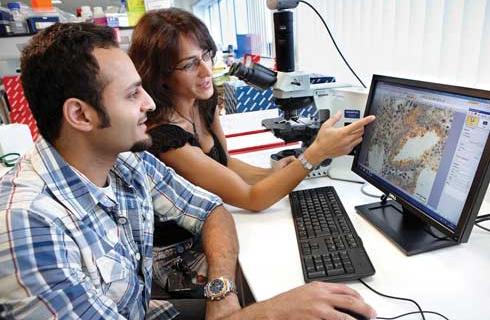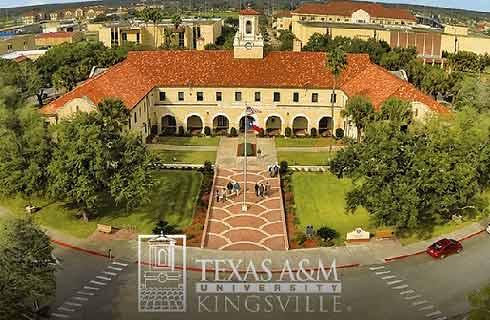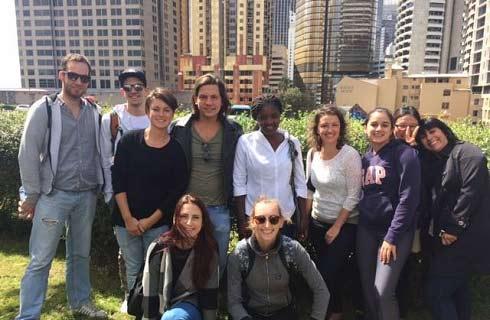课程简介
Become a global communicator and influence what the world reads, watches and understands, while equipping yourself with additional skills to succeed in the changing global workplace. This dual degree gives you a deep understanding of the principles and practices of journalism, combined with the creative capabilities of an arts education. Journalists tell important and impactful stories with a diverse skill-set, including writing, taking photographs, composing audio and video, and developing interactive websites. Using UQ's state-of-the-art software and equipment, you'll extend your theoretical knowledge by gaining sought-after skills in field recording and camera work, editing of sound, vision and pictures, data analysis, publishing and entrepreneurship, and multi-platform distribution. With the Bachelor of Arts alongside, you'll gain creative and critical thinking skills that will help you build a portfolio of capabilities to expand your career opportunities. Despite the highly competitive nature of journalism, UQ graduates have high success rates in securing jobs across the media. Career opportunities are found in web and multimedia publications, speciality interest magazines, marketing and public relations, and freelancing. Many employers, especially in large organisations, look for the additional skills an arts degree provides as these graduates have a broad, flexible education to complement their journalism studies.<br><br>Criminology is an interdisciplinary field in the social and behavioural sciences, drawing on the areas of sociology, psychology and psychiatry, anthropology and law. The criminology major at UQ is distinguished by its theoretical and methodological focus on crime and public policy. The major is strongly underpinned by sociological theories, and students undertaking this major become highly trained in social research methods and critical thinking, and learn to examine crime and its regulation within the context of social, economic and political shifts in contemporary society. The major is strongly cross-disciplinary and enables students to combine criminology with other fields of study such as sociology, political science, law, psychology, history and philosophy.
展开



































